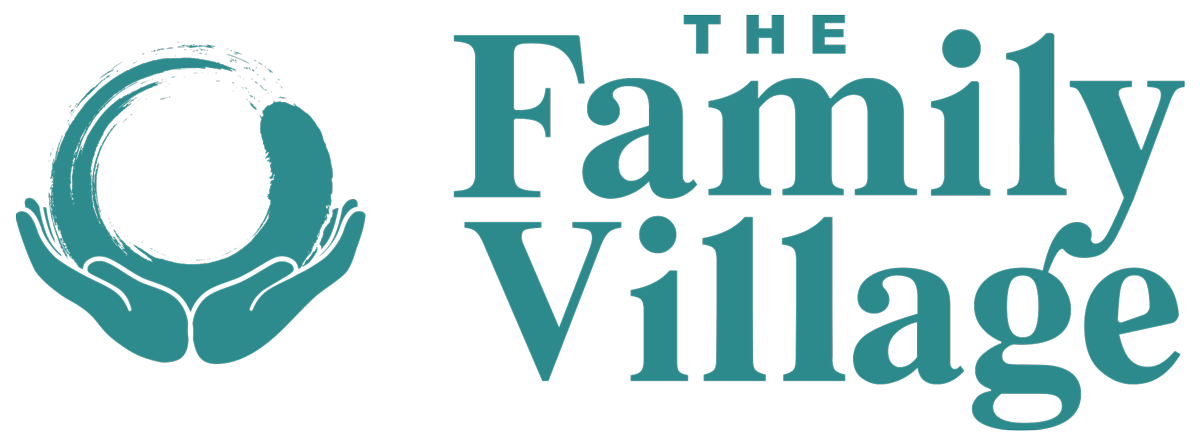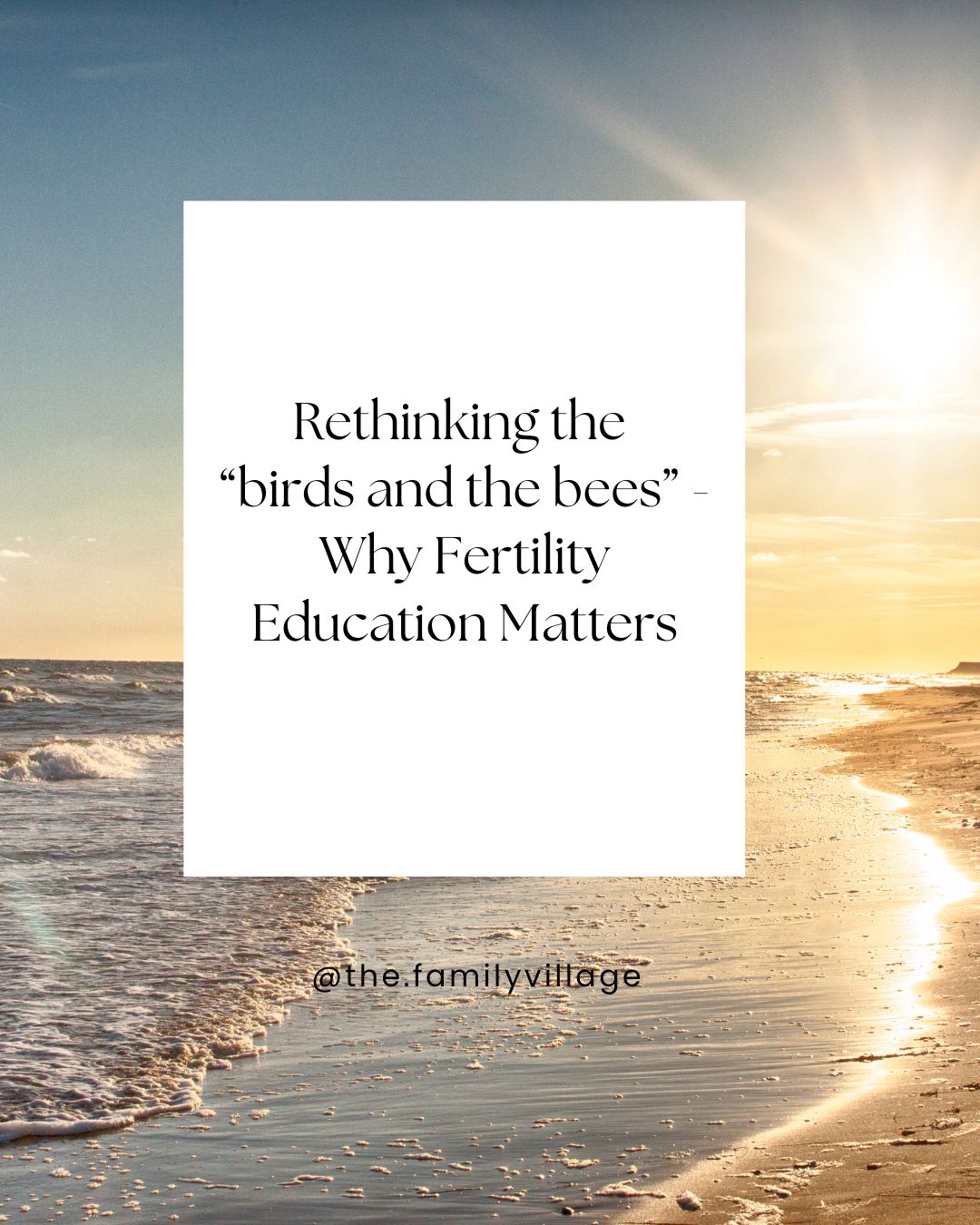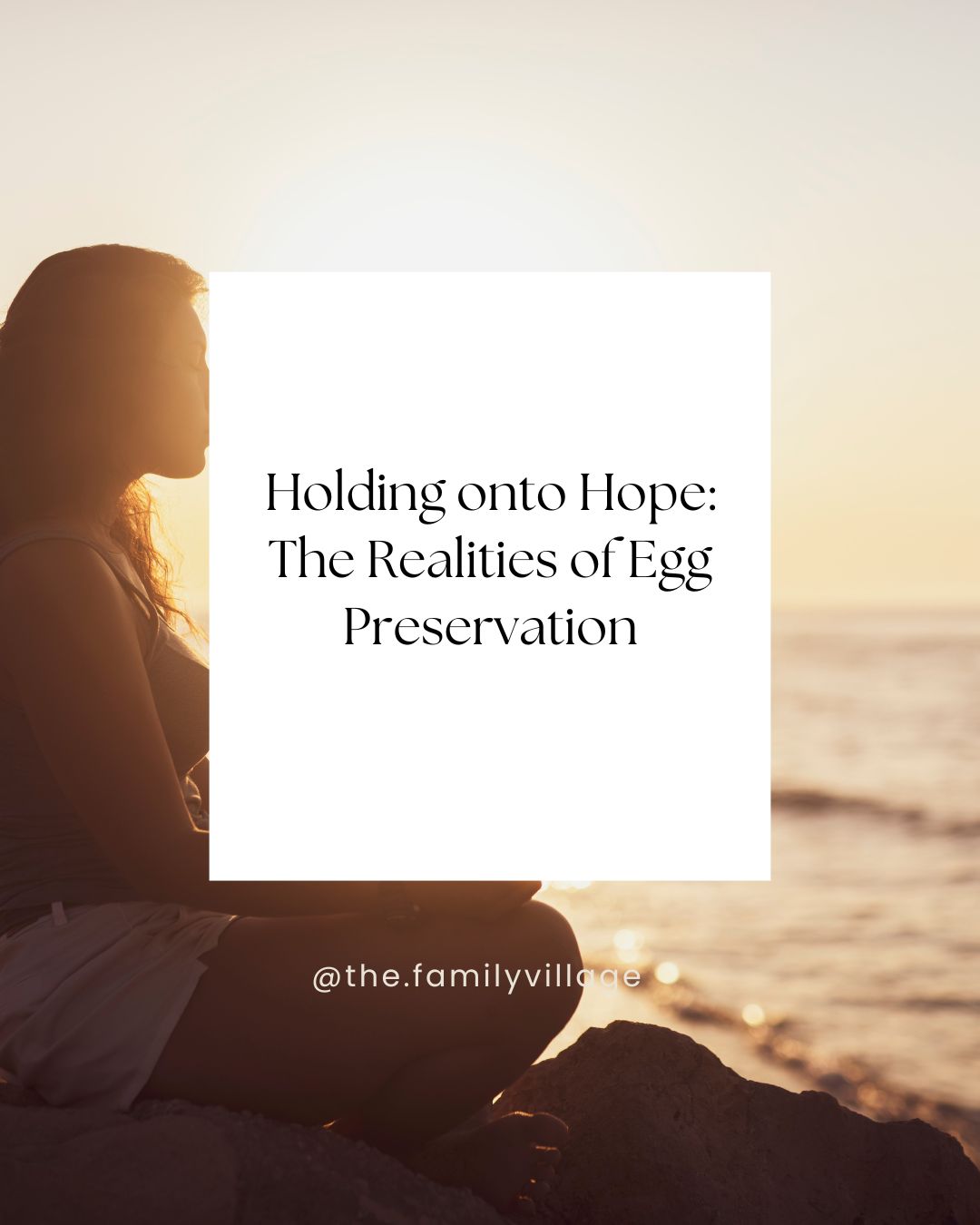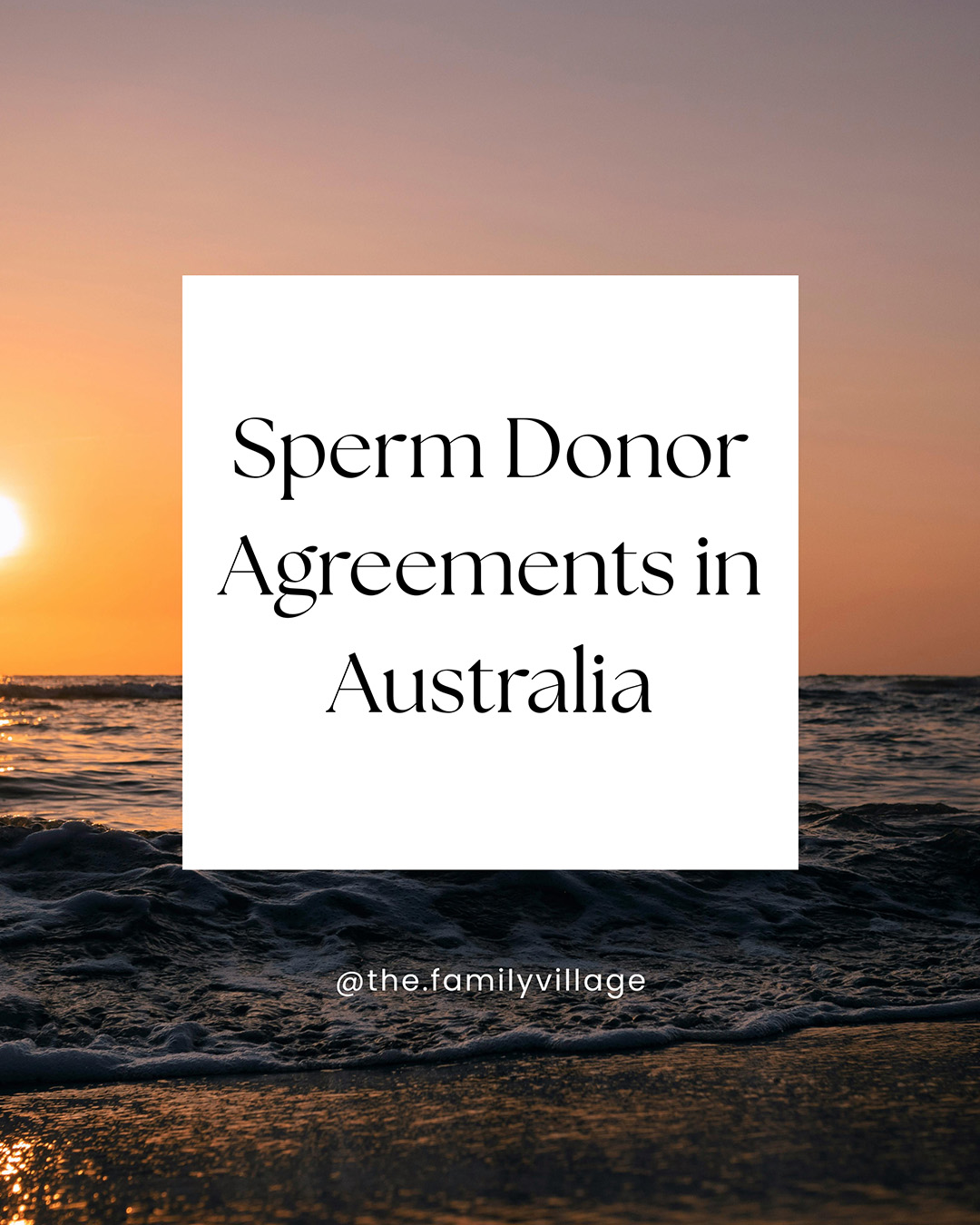Most of us remember our first lessons about “the birds and the bees.” Whether it was an awkward chat with our parents or a structured session during PE or health class, the focus was clear: safe sex, contraception, and how to avoid pregnancy.
In my own school experience, these sessions left me genuinely terrified of teenage pregnancy — convinced I could fall pregnant at the drop of a hat. That fear stuck with me for years. So you can imagine my devastation when, later in life, I discovered that trying to have a baby wasn’t as simple as I had been led to believe.
The Silent Struggle
When conception didn’t happen easily, the questions were overwhelming:
- Is something wrong with me?
- Why can’t I do this?
- What’s wrong with my body?
The truth is, I’m far from alone. Current statistics show that one in six women need some form of assistance to conceive. And those figures don’t even reflect the full picture — our LGBTQ+ communities are often left out of the data, despite many relying on fertility treatments, donors, and surrogacy.
Why We Need to Talk About Fertility Sooner
Here at The Family Village, we believe it’s time to expand our approach to reproductive education. If schools included age-appropriate discussions on fertility, infertility, and assisted reproduction, we could:
- Encourage early testing and detection of fertility issues.
- Help young people make informed decisions about their reproductive health.
- Reduce the stigma and emotional toll that often follows an unexpected infertility diagnosis.
This isn’t about replacing existing safe-sex education. It’s about adding another layer of truth — one that better reflects the realities of modern family building.
The Families Our Children Already Know
We also need to recognise that our classrooms are already full of children conceived through IVF, donors, and surrogacy. Too often, these kids are left to navigate conversations about their origins alone, without the tools or understanding to share their story confidently with friends.
If we integrate education about all pathways to parenthood, we can normalise these conversations from an early age. This generation is already known for its openness and acceptance — let’s equip them with knowledge that matches their empathy.
Building a More Understanding Future
The journey to parenthood looks different for everyone. By broadening reproductive education, we can give our young people the best chance — whether that means empowering them to conceive naturally, preparing them for the possibility of assistance, or simply ensuring they grow up understanding the diversity of family stories around them.
It’s time to go beyond the birds and the bees. It’s time to tell the whole story.
